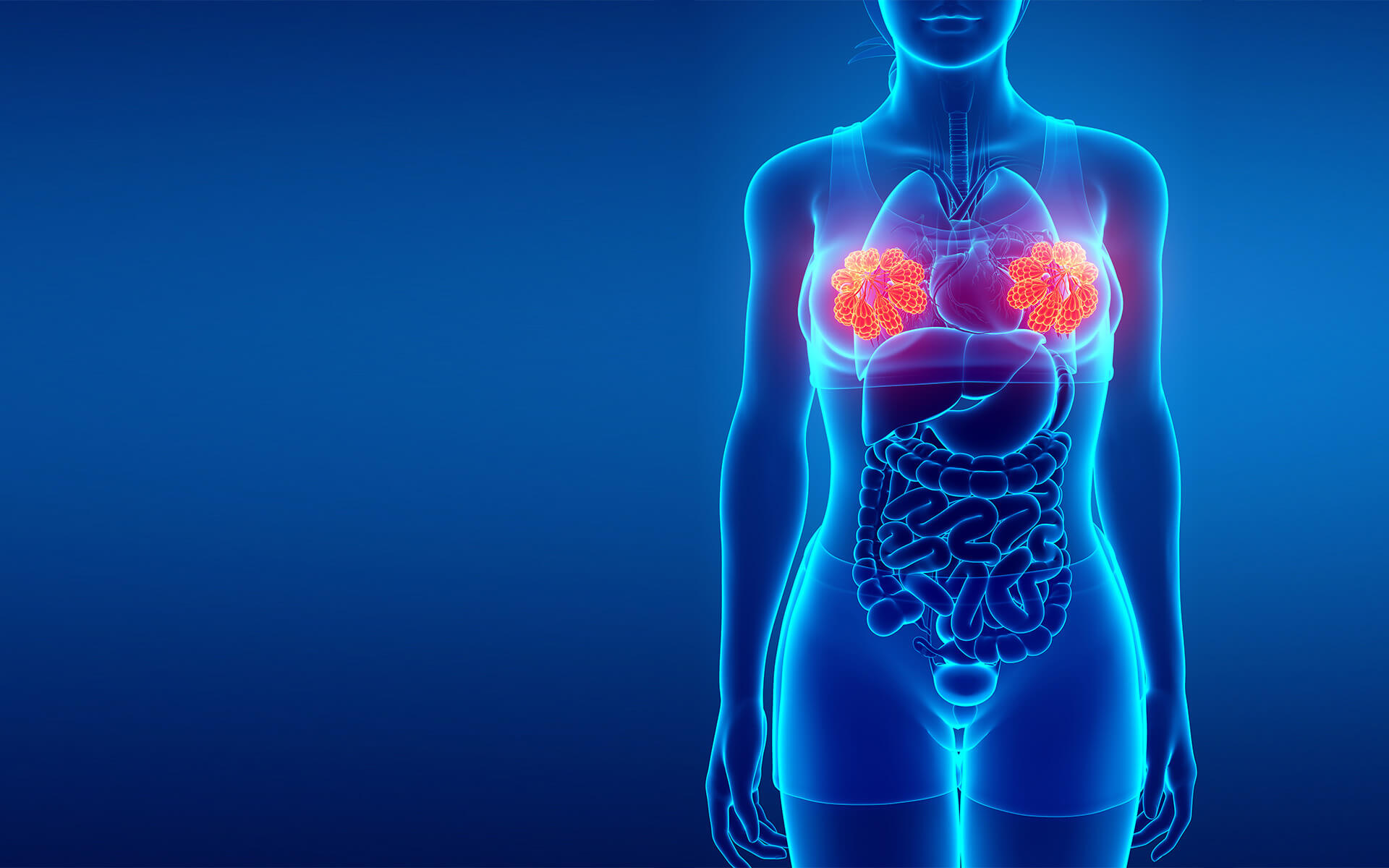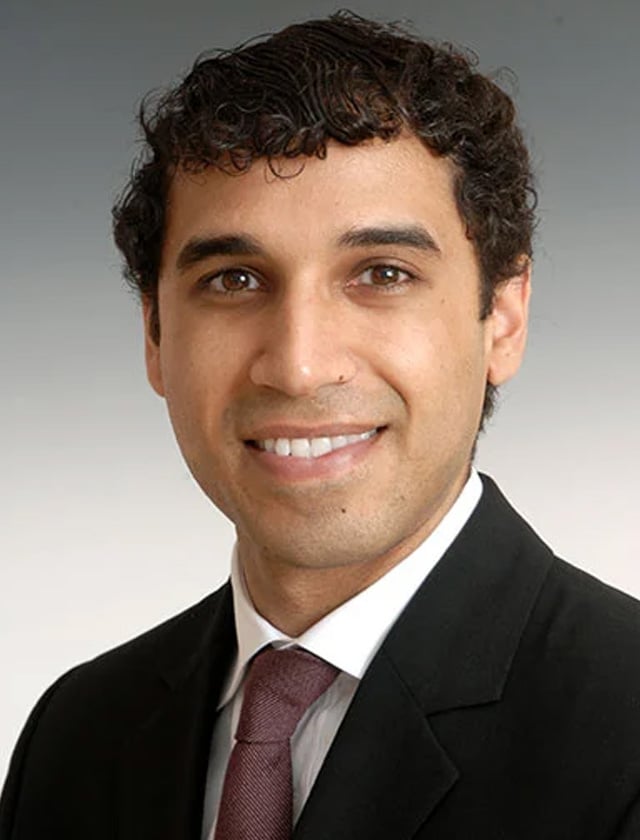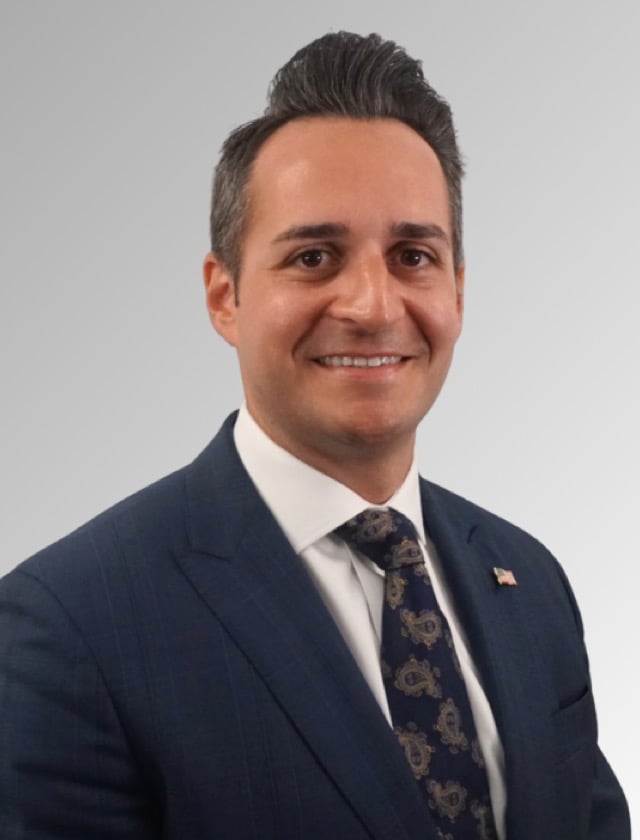Radiation therapy is a widely used treatment for breast cancer that effectively targets and destroys cancer cells. While it plays a crucial role in cancer treatment, it's important to understand that radiation therapy can also have side effects on the skin and tissues in the treated area. If you have undergone breast reconstruction and received radiation therapy, it's important to be aware of the potential complications that may arise. These complications can impact both the appearance and function of your reconstructed breast, requiring careful consideration and management.

Effects of Radiation on Breast Implant Reconstruction

Understanding the Effects of Radiation on Breast Reconstruction
Symptoms of Radiotherapy
- Skin changes
The skin around your reconstructed breast may become red, dry, or irritated. You may also experience changes in the color or texture of your skin. - Scarring
Radiation therapy can cause scarring around your reconstructed breast. This scarring may be hard, thick, or lumpy. - Capsular contracture
Capsular contracture is a condition in which the scar tissue around an implant becomes tight. This can cause the implant to become hard and misshapen. - Volume loss
Radiation therapy can cause the tissue around your reconstructed breast to lose volume. This can make your breast look smaller or less full. - Nipple changes
The nipple on your reconstructed breast may become smaller, flatter, or inverted.
Causes & Risk Factors
- The amount of radiation you received.
- The type of radiation therapy you received.
- The location of your radiation treatment.
- Your age.
- Your overall health.
Diagnosing Effects of Radiation on Breast Reconstruction
- Your medical history, including the details of your radiation therapy.
- A physical examination of your reconstructed breast.
- The condition of your skin.
- The appearance and symmetry of your breasts.
- Other signs or symptoms that you may be experiencing.
In some cases, additional diagnostic tests may be recommended to obtain a more detailed understanding of the effects of radiation on your reconstruction. These tests can include imaging studies such as mammography, ultrasound, or MRI to assess the integrity of the breast tissue and identify any abnormalities. Your doctor may also order a biopsy if there are concerns about the presence of radiation-induced changes or potential complications.
It is important to communicate openly and honestly with your doctor about any symptoms or concerns you may have related to your reconstructed breast and the impact of radiation therapy. By providing a comprehensive overview of your medical history and sharing your experiences, you can help your doctor make an accurate diagnosis and develop an appropriate treatment plan tailored to your needs.
Treatments for Effects of Radiation on Breast Reconstruction
- Topical Therapies
Moisturizers, creams, or ointments can help alleviate skin dryness and improve overall comfort. - Physical Therapy
Stretching exercises and massages can aid in maintaining flexibility and reducing fibrosis. - Implant Revision Surgery
In cases of severe capsular contracture or significant changes in breast shape, implant revision or replacement surgery may be necessary. - Fat Grafting
In certain situations, fat grafting procedures can be used to address volume loss or contour irregularities caused by radiation.
Our Doctors
Patient Stories
Find a Location
Insurance Information
The Institute for Advanced Reconstruction participates in a wide range of insurance plans, including those listed below. However, each physician has their own accepted insurance and hospital affiliations. Before scheduling an appointment, please contact your insurance carrier to confirm that your provider is in-network.
If we are not an in-network provider, our friendly insurance specialists will help you find the most coverage available for your treatment.
- Horizon Blue Cross Blue Shield of New Jersey
- Medicare
- Railroad Medicare
- Aetna
- Cigna
- United Healthcare
- Oxford (Freedom, Liberty)
- MagnaCare
Related Articles
Choosing Your Path: Breast Reconstruction After Mastectomy
The Cost of DIEP Flap Surgery: Understanding Insurance Coverage and Financing Options
What Are Your Options for Breast Reconstruction Revision Surgery?
Relief from Post-Mastectomy Pain: Signs, Symptoms, and Solutions
Patient Resources
Navigating the effects of radiation on reconstruction can be challenging, both physically and emotionally. That's why we offer a range of patient resources to help you make informed decisions and feel empowered throughout your treatment and recovery. Access our patient resources section for additional information, support, and educational materials.
Am I a Candidate for Radiation Effects on Breast Reconstruction Treatments?
If you have undergone breast reconstruction and have experienced the effects of radiation therapy on your reconstructed breast, you may be a candidate for treatments to address these complications. While each patient's situation is unique, and the type of treatment may vary, there are certain factors that can determine your eligibility. Here are some considerations:
- Evaluation by a specialist
The first step is to consult with a skilled reconstructive surgeon or a radiation oncologist who specializes in breast reconstruction. They will assess your medical history, review your previous radiation treatment records, and conduct a thorough examination of your reconstructed breast. Based on their evaluation, they can provide insights into the treatment options available to you.
- Specific complications
The effects of radiation therapy on breast reconstruction can vary from person to person. It is important to identify the specific complications you are experiencing, such as skin changes, fibrosis, or implant-related issues. Understanding the nature and severity of these complications will help determine the appropriate treatment approach.
- Timing of radiation therapy
The timing of radiation therapy in relation to your breast reconstruction plays a role in determining treatment options. In some cases, immediate reconstruction followed by radiation therapy may require a different approach compared to delayed reconstruction after radiation. Your surgeon will consider the timing of radiation therapy and its impact on the affected tissues when recommending treatment options.
- Overall health
Your general health and well-being are essential factors in determining candidacy for treatments. It is important to be in good overall health to undergo any surgical or non-surgical interventions. Your breast reconstruction surgeon will review your medical history, current medications, and any underlying health conditions to ensure your safety and suitability for treatment. - Treatment goals and expectations
Discussing your treatment goals and expectations with your surgeon is crucial. They will help you understand the potential benefits, limitations, and possible outcomes of various treatment options. It is important to have realistic expectations and be committed to following the recommended treatment plan for the best possible results.
It is important to seek guidance from a qualified healthcare professional who specializes in breast reconstruction after radiation therapy. They have the expertise and experience to determine your candidacy for specific treatments and guide you through the process with care and compassion.


-1.jpeg)



.webp)
















-1.jpg)


.jpg)





